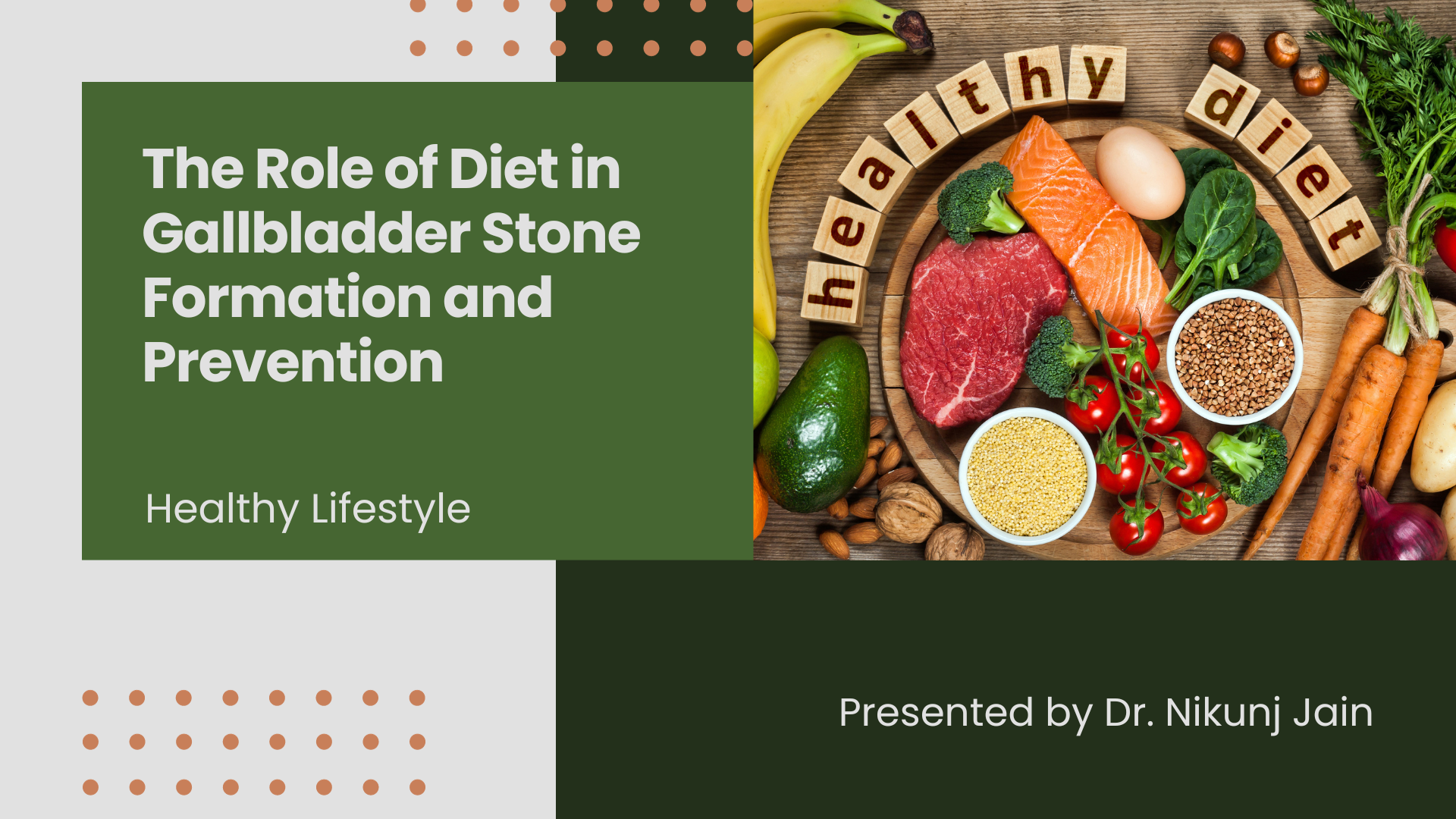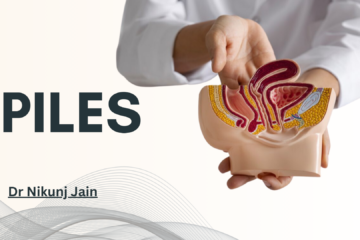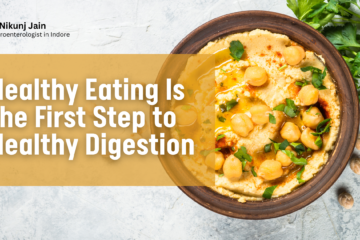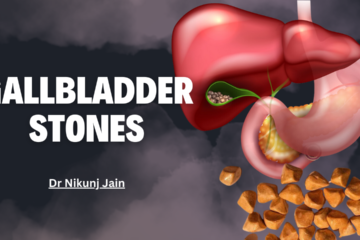Introduction:
Gallbladder stones, also known as gallstones, are hardened deposits that develop in the gallbladder. They can range in size from tiny particles to larger stones. While various factors contribute to their formation, diet plays a significant role. In this blog, we will explore how diet influences gallbladder stone formation and provide practical tips for prevention.
The Composition of Gallbladder Stones:
a. Gallstones are primarily made up of cholesterol, bilirubin, and calcium salts.
b. Excessive cholesterol or bilirubin levels in the bile can lead to the formation of gallstones.
Dietary Factors Affecting Gallstone Formation:
a. High Cholesterol Diet:
Consuming foods high in cholesterol, saturated fats, and trans fats can increase cholesterol levels in the bile, contributing to gallstone formation.
Examples include fatty meats, fried foods, full-fat dairy products, and processed snacks.
b. Low-Fiber Diet:
A diet low in dietary fiber can impair gallbladder function and lead to gallstone formation.
Lack of fiber reduces bile acid absorption, which can increase cholesterol saturation in the bile.
c. Rapid Weight Loss or Crash Diets:
Rapid weight loss or following crash diets that severely restrict calorie intake can increase the risk of gallstone formation.
When the body metabolizes fat rapidly, it releases more cholesterol into the bile, increasing the likelihood of stone formation.
Dietary Strategies for Gallstone Prevention:
a. Consume a Balanced Diet:
Include a variety of fruits, vegetables, whole grains, lean proteins, and healthy fats in your diet.
Opt for foods low in cholesterol and saturated fats to promote healthy bile composition.
b. Increase Fiber Intake:
Include fiber-rich foods like fruits, vegetables, whole grains, legumes, and nuts in your diet.
Adequate fiber helps regulate digestion, promote regular bowel movements, and improve gallbladder function.
c. Maintain a Healthy Weight:
Aim for gradual and sustainable weight loss if needed, rather than rapid weight loss approaches.
Focus on a well-rounded, calorie-controlled diet combined with regular physical activity to achieve and maintain a healthy weight.
d. Stay Hydrated:
Drink an adequate amount of water throughout the day to maintain optimal bile production and flow.
e. Limit or Avoid Trigger Foods:
Minimize the consumption of high-cholesterol and high-saturated fat foods.
Limit processed foods, fried foods, fatty cuts of meat, and full-fat dairy products.
Consult a Healthcare Professional:
If you have a history of gallstones or are at high risk, consult a healthcare professional or a registered dietitian for personalized dietary advice and recommendations.
The Impact of Gallbladder Stones on Digestive Health and Nutrient Absorption
Introduction:
Gallbladder stones, or gallstones, can have a significant impact on digestive health and nutrient absorption. These hardened deposits can disrupt the normal functioning of the gallbladder and bile flow, leading to various digestive complications. In this blog, we will explore the effects of gallbladder stones on digestive health and discuss how they can interfere with nutrient absorption.
Role of the Gallbladder in Digestion:
a. The gallbladder stores and concentrates bile, a digestive fluid produced by the liver.
b. Bile is released into the small intestine to help digest and absorb dietary fats.
Obstruction of Bile Flow by Gallbladder Stones:
a. Gallstones can obstruct the bile ducts, preventing the proper flow of bile into the small intestine.
b. This obstruction can disrupt the digestion of fats, leading to symptoms such as indigestion, bloating, and abdominal discomfort.
Impaired Fat Digestion:
a. When the bile flow is obstructed by gallstones, the body struggles to break down and absorb dietary fats efficiently.
b. This can result in the malabsorption of essential fatty acids and fat-soluble vitamins (A, D, E, and K).
Nutrient Deficiencies:
a. The impaired digestion and absorption of fats can lead to nutrient deficiencies.
b. Deficiencies in fat-soluble vitamins may result in compromised immune function, poor bone health, and impaired vision.
Symptoms of Gallstone-Related Digestive Issues:
a. Indigestion: Difficulty digesting fatty foods, leading to bloating, belching, and discomfort.
b. Nausea and Vomiting: Bile flow obstruction can cause feelings of nausea and occasional vomiting.
c. Diarrhea or Pale Stools: Malabsorption of fats may result in loose stools or pale-colored stools.
Complications:
In severe cases, gallbladder stones can lead to complications such as:
a. Cholecystitis: Inflammation of the gallbladder due to gallstone blockage.
b. Pancreatitis: Obstruction of the pancreatic duct by a gallstone can cause inflammation of the pancreas.
Treatment Options:
a. Surgical Intervention: Gallbladder removal surgery (cholecystectomy) is the most common treatment for gallbladder stones.
b. Non-Surgical Approaches: In some cases, medications or non-surgical procedures may be recommended to dissolve or remove gallstones.
Adjusting the Diet:
a. While diet alone cannot eliminate gallstones, it can help manage symptoms and support digestive health.
b. Focus on a low-fat diet that includes plenty of fiber-rich foods, lean proteins, fruits, and vegetables.
c. Avoid or minimize high-fat and fried foods that may trigger symptoms.
Natural Remedies and Lifestyle Changes for Managing Gallbladder Stones
Introduction:
Gallbladder stones, or gallstones, can cause discomfort and digestive issues. While medical interventions are often necessary, there are natural remedies and lifestyle changes that can complement traditional treatment approaches. In this blog, we will explore some effective natural remedies and lifestyle adjustments that may help manage gallbladder stones.
Increase Fluid Intake:
a. Staying adequately hydrated is essential for maintaining optimal bile flow and preventing the formation of gallstones.
b. Aim to drink at least 8-10 cups of water daily to promote regular bile production and minimize stone formation.
Herbal Remedies:
a. Chanca Piedra: This herb is believed to help break down gallstones and promote their elimination. Consult with a healthcare professional for proper dosage and usage.
Adopt a Low-Fat Diet:
a. Consuming a low-fat diet can help minimize gallbladder stimulation and reduce the risk of symptoms and complications.
b. Limit or avoid high-fat and fried foods, processed snacks, fatty cuts of meat, and full-fat dairy products.
Increase Fiber Intake:
a. A diet high in fiber promotes healthy digestion, regulates bowel movements, and may help prevent the formation of gallstones.
b. Include fiber-rich foods such as fruits, vegetables, whole grains, legumes, and nuts in your daily meals.
Maintain a Healthy Weight:
a. Obesity is a risk factor for gallstone formation. Maintaining a healthy weight through a balanced diet and regular exercise can help reduce the risk.
b. Consult with a healthcare professional or a registered dietitian for personalized weight management advice.
Regular Physical Activity:
a. Engaging in regular physical activity can support healthy digestion, promote bile flow, and aid in maintaining a healthy weight.
b. Aim for at least 150 minutes of moderate-intensity aerobic exercise per week, along with strength-training exercises.
Manage Stress:
a. Chronic stress can impact digestion and potentially exacerbate symptoms related to gallbladder stones.
b. Practice stress management techniques such as meditation, deep breathing exercises, yoga, or engaging in hobbies and activities that promote relaxation.
Avoid Rapid Weight Loss:
a. Rapid weight loss or crash diets can increase the risk of gallstone formation. Aim for gradual and sustainable weight loss if needed.
Regular Meal Timing:
a. Establish regular meal times and avoid skipping meals, as irregular eating patterns can disrupt the gallbladder\’s function.
Consult with a Healthcare Professional:
a. It\’s crucial to consult with a healthcare professional for an accurate diagnosis, appropriate treatment options, and guidance on natural remedies.
b. They can provide personalized advice based on your specific condition and medical history.
Read More –
Factors to Consider When Searching for the Best Hernia Surgeon in Indore – https://drnikunjjain.com/factors-to-consider-when-searching-for-the-best-hernia-surgeon-in-indore/
Types of Hernias | How a Skilled Surgeon Can Help – https://drnikunjjain.com/types-of-hernias-how-a-skilled-surgeon-can-help/
The Importance of Maintaining Gut Health and Preventing Digestive Disorders



